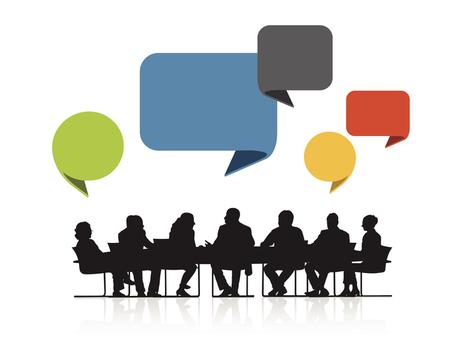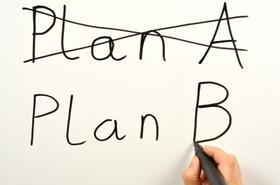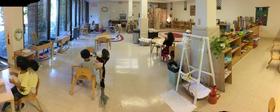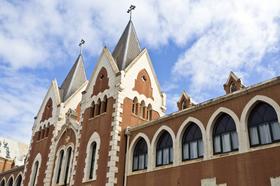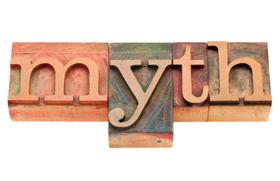Introducing Three Early Childhood Education Approaches
As parents of 1- and 2-year-olds, you embark on an exciting early childhood education journey. This guide will explore three popular and innovative approaches: Montessori, Reggio Emilia, and Waldorf. Each method offers a unique perspective on young children's learning and development, emphasizing child-centered, experiential learning. By understanding these approaches, you'll be better equipped to choose an educational path that aligns with your family's values and your child's needs. All three approaches offer advantages you probably won't find elsewhere. Indeed, you will find that other early childhood education approaches have adopted bits and pieces of these. But if you want the real thing, explore Montessori, Reggio Emilia, and Waldorf before committing.
Disclaimer: my eldest daughter attended a Waldorf school. All these years later, I remember how happy she was in an environment where she could explore to her heart's content. Music, math, language arts - all the subjects were interwoven in the most satisfying way for her young inquisitive mind.
So, whether you're considering preschool options or want to incorporate these philosophies into your home life, this guide will provide valuable insights into nurturing your toddler's growth and development.
Chapter 1: The Montessori Method
The Montessori approach, developed by Dr. Maria Montessori in the early 20th century, focuses on fostering independence, self-directed learning, and respect for a child's natural development.
Widespread Adoption
There are over 8,000 Montessori schools in the U.S., making it a widely available option for parents. Most belong to





